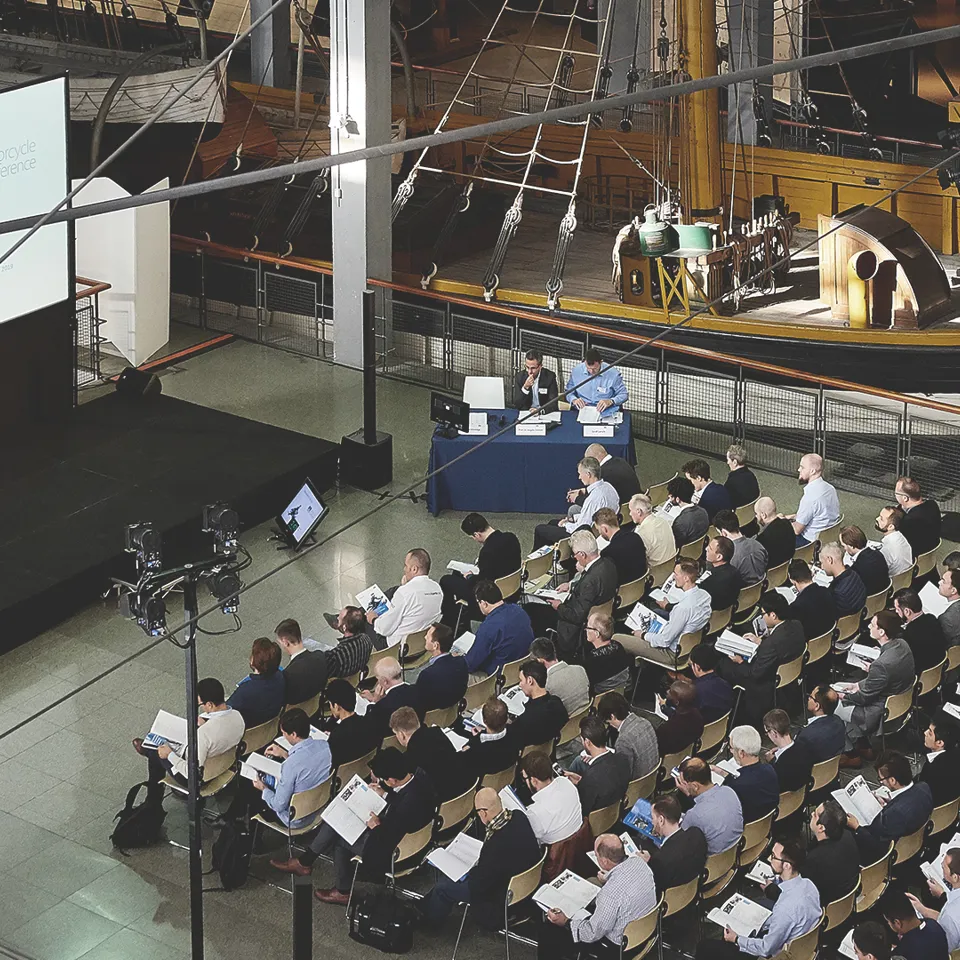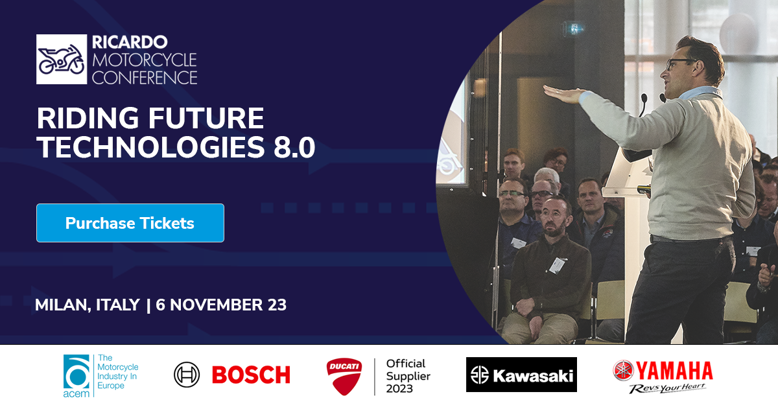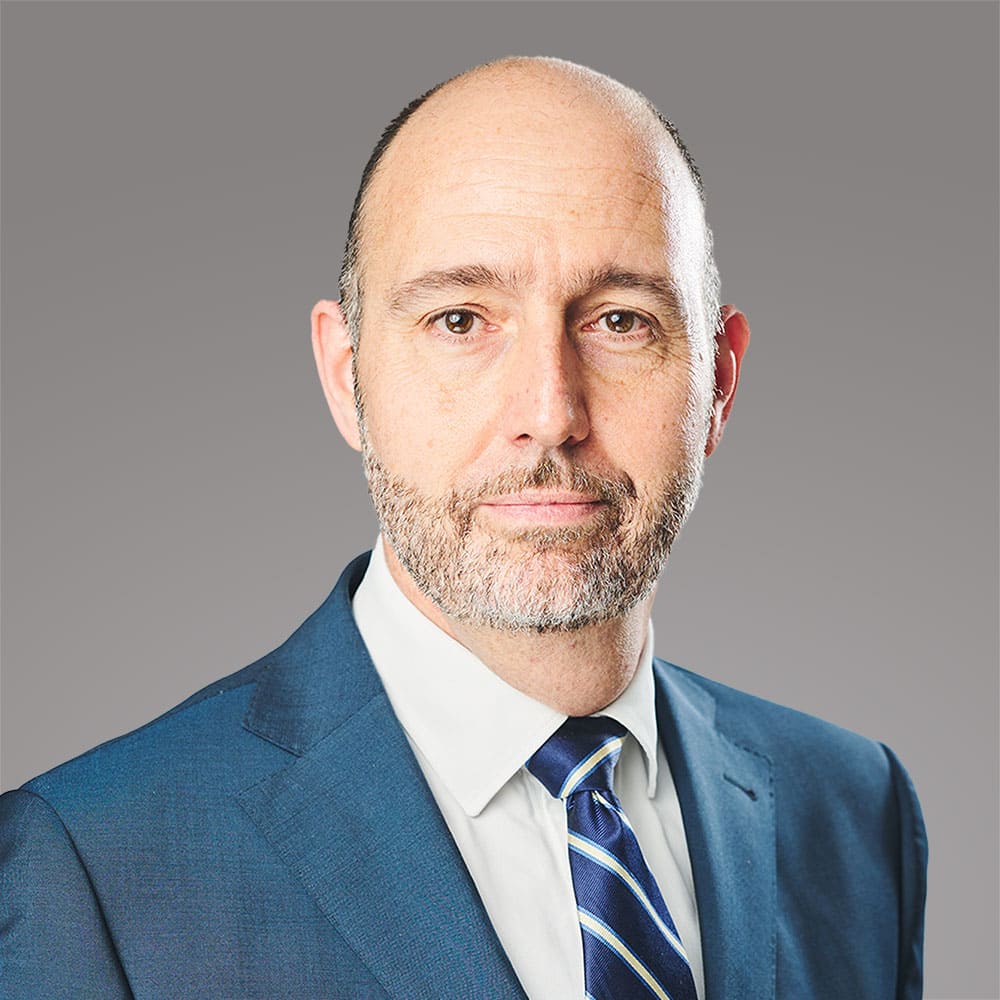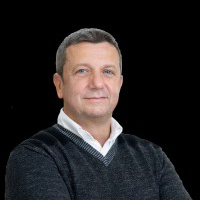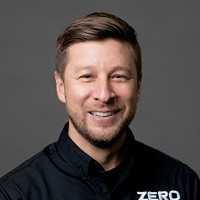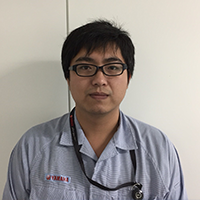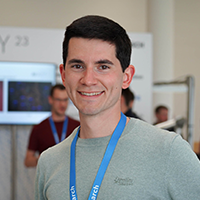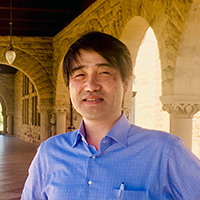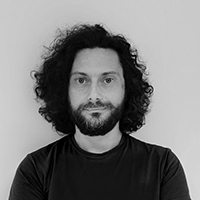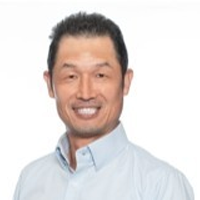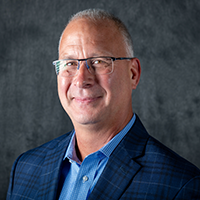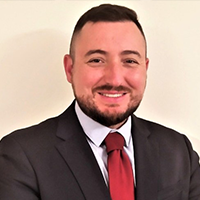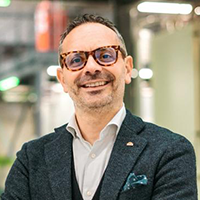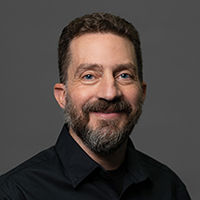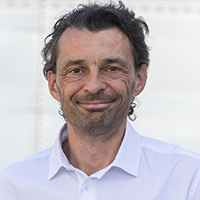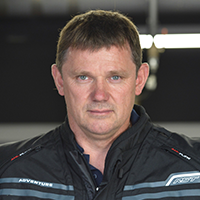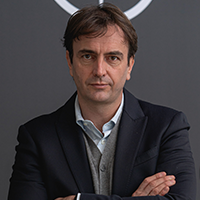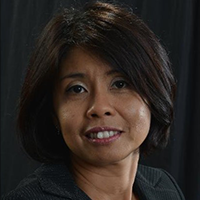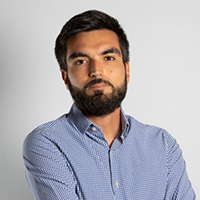Ricardo Motorcycle Conference: Riding Future Technologies 8.0
During the one-day conference, we discuss the challenges, directions, and trends of alternative fuels for the motorcycle industry including hydrogen, EV motorcycles and last mile delivery, the implications of industrial design and software for the industry amongst other timely topics. The conference also gives participants the opportunity to develop their personal and professional networks in small and more intimate surroundings, prior to EICMA.
Confirmed Speakers
Confirmed speakers will be from the following companies, more to be confirmed shortly.





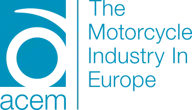







The countdown to the Ricardo Motorcycle Conference: Riding Future Technologies 8.0
When
Mon
6
November
2023
Where
Milan
Italy
Conference Registration
08:30
AM
Standard Pricing
€750
Plus 22% VAT
Speakers
We're pleased to announce an impressive line up of speakers for this year's Ricardo Motorcycle Conference.
Schedule
Tea and coffee
Presented by Paul Etheridge, Director, Business Development, Ricardo
ACEM (European Association of Motorcycle Manufacturers)
Presented by Antonio Perlot, Secretary General, ACEM
EV Motorcycles vs. EV Automotive: The Same, but Different
Zero will be exploring the relationship between electric motorcycles and automotive EVs, highlighting their shared characteristics while emphasising key differences driven by their markets and consumers.
- Consider the distinct component and supply base requirements for EV motorcycles compared to Automotive EVs.
- Zero has maintained its 100Vdc powertrain voltage where the automotive industry and competitors have been pushing to higher and higher voltages, we look at implications and consequences of these divergent approaches.
- Look at how harnessing consumer insights and analysis provides valuable guidance in optimising electric motorcycle designs for specific use cases, customer needs, and vehicle efficiency.
Presented by Brian Wismann, VP of Product Development, Zero Motorcycles
The transportation industry is moving rapidly to more sustainable energy sources. The EU will officially ban the sale of new passenger cars and vans using internal combustion engines from 2035. This is driving a shift to electrification. Emissions rules for bikes are rapidly aligning with those for cars so potentially the same ban on internal combustion engines for motorcycles could be considered.
Moderated by Scott St.Clair, Global Vice President Operations & Supply Chain, Ricardo.
Panellists
See-Bin Saw, Strategy & Business Planning, Vitesco Technologies
Giampiero Testoni, Chief Technical Officer, Energica
Matteo Achiluzzi, E-Powertrain Design Manager, Motori Minarelli Spa
Stefano Patisso, Chief Technical Officer, MEC Srl
Hydrogen Small Engine & Mobility as the Multi-Passway
In order to realise a hydrogen-based society, it is necessary to produce, transport, store, and use hydrogen simultaneously. This paper discusses efforts related to large-capacity marine transportation demonstration tests, which encompass the demonstration activities for production, transportation, and storage. These activities are promoted by Kawasaki Heavy Industries and others.
Additionally, it delves into the topic of hydrogen small engines, which fall under the category of “usage.” Kawasaki Motors is also involved in this aspect.
Presented by Yoshimoto Matsuda, Executive Officer, Kawasaki Heavy Industries
Potential Motorcycle Euro 6 Emissions Legislation: Content, Challenges and Solutions
Historical trends may suggest convergence between passenger car (PC) and motorcycle (MC) requirements. Like Euro 7 for PC, Euro 6 may bring a paradigm shift in the regulatory approach. Potentially, we may see the focus of testing transition from controlled laboratory conditions to real-world, on-road scenarios, including certification processes. By drawing from recent PC developments, this presentation considers Euro 7 and then suggests a possible future for motorcycles’ emissions regulations.
Presented by Jon Andersson, Global Technical Expert Emissions, Ricardo
Refreshments and lunch provided
Trajectory Forecasting for Powered Two Wheelers by Roll Angle
Prediction with an LSTM Network
Active safety systems for powered two wheelers (PTWs) are considered a key pillar to further reduce the number of accidents and injuries to riders. Enhanced awareness for the current riding situation is required to improve the performance of current systems as well as to enable new ones; this includes the detection of the rider’s intention – the action that is planned by the rider for the short-term future. The prediction of a continuous trajectory for the upcoming seconds of the ride is one way to express rider intention.
Presented by Karl Ludwig Stolle, Corporate Sector Research and Advanced Engineering, Robert Bosch GmbH.
There are about 50 to 100 ECUs in modern passenger cars with 100s of millions of lines of source codes. On the other hand, motorcycles normally have less than a dozen ECUs. They generally have more basic infotainment systems or instrument clusters compared to cars. Considering the technical limitations, what does Software defined vehicle mean to the motorcycle industry?
Moderated by Ty Kim, Head of Software & Digital, Ricardo.
Panellists
Geoff Liersch, President, Two-Wheeler & Powersports, Bosch Corporation
Simone Di Piazza, Head of Innovation and R&D Services, Ducati Motor Holding S.p.A.
Abe Askenazi, Chief Technology Officer, Zero Motorcycles
Guiseppe Corcione, Chief Technical Officer, Reinova
Revving up Sustainability: The Role of Industrial Design in Leveraging Sustainable Materials to Improve Product Appeal
Industrial design is essential in developing sustainable products that cater to consumers’ needs while reducing environmental damage. Tim C. McAloone notes that 80% of a product’s environmental impact is determined during the design phase. Thus, industrial design plays a crucial role in promoting sustainable product strategies and achieving long-term business sustainability goals. Designers can create products using recycled materials, thereby reducing waste and attracting customers, which are more and more environmentally conscious, with a unique selling point.
Presented by Maurizio Tancredi, Head of Industrial Design, Ricardo.
Refreshments provided
Reproducing the Motorcycle Equation of Motion with Lumped Stiffness on Multi-Body Dynamics Model
This paper presents a novel simulation model for motorcycle motion. This model reproduces the equation of motion known as the 10 degrees of freedom (10-DoF) motorcycle model using multi-body dynamics. There are compelling reasons for employing multi-body dynamics to redevelop the equation model, thanks to advancements in computer technology that have provided versatile tools for model expansion.
Presented by Mr Motohito Ueki, CAE engineer, Yamaha
The Ducati MotoE Experience: Leveraging Electric Motorcycle Racing for Sustainable Mobility and Technological Advancement
The Ducati MotoE Experience paper provides a comprehensive exploration of Ducati’s ground-breaking involvement in the MotoE World Cup, an all-electric motorcycle racing championship. This session presents an in-depth analysis of Ducati’s journey in transitioning from traditional combustion engines to cutting-edge electric powertrains. It examines the motivations behind Ducati’s decision to enter the MotoE World Cup, highlighting their commitment to environmentally friendly mobility solutions and the promotion of renewable energy sources.
Presented by Roberto Canè, e-Mobility Director, Ducati
Presented by Paul Etheridge, Director, Business Development, Ricardo
Dinner and Drinks
Officina Milano
Via Giovenale, 7
20136 Milan
Conference Topics
We'll be discussing a number of topics throughout the conference including:
- Hydrogen small engines and mobility
- The benefits and challenges of electrified motorcycles
- A new simulation model for motorcycle motion
- Advanced rider assistance systems
- Software and it’s future role in the motorcycle industry
- Industrial design and it’s future role in leveraging sustainable materials
- Future emissions legislation for motorcycles
- Motorcycle racing – MotoE experience
Conference highlights
- 1 day, in person
- 8 hours live content
- In-person networking
Industry experts
- Panel discussions
- Paper presentations
Strategic insights
- Actionable direction
- Technical roadmaps
- Path to what next
Evening networking event
- Ricardo hosted evening reception at exclusive location
Moderators
Our panelists will be joined by Ricardo moderators.
Panelists
We're excited to welcome an impressive line up of participants for our panel sessions.
Book Your Place
All attendees benefit from full access to all sessions and papers.
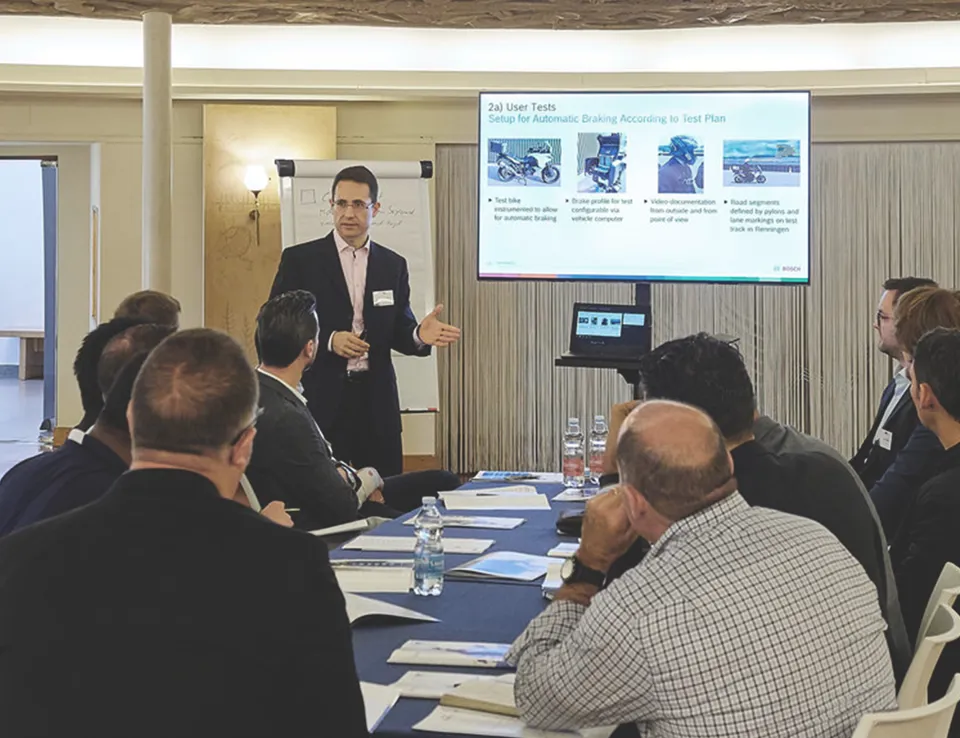
Strategic Insights
All attendees will gain insights into industry leading developments.
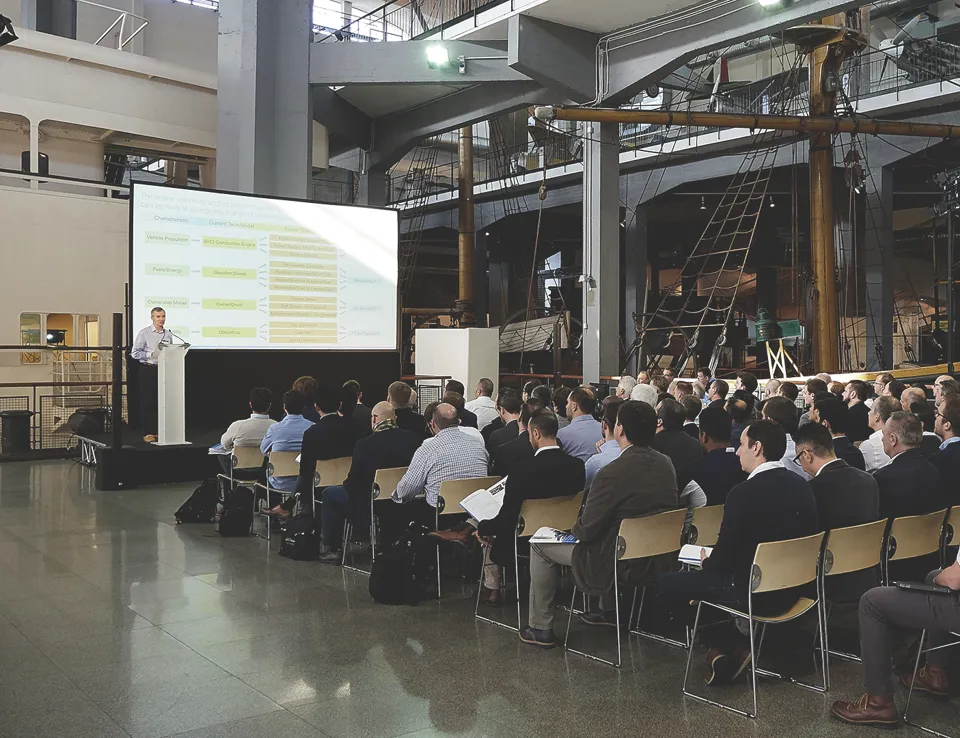
Industry Experts
Content delivered through panels discussions and paper presentations.
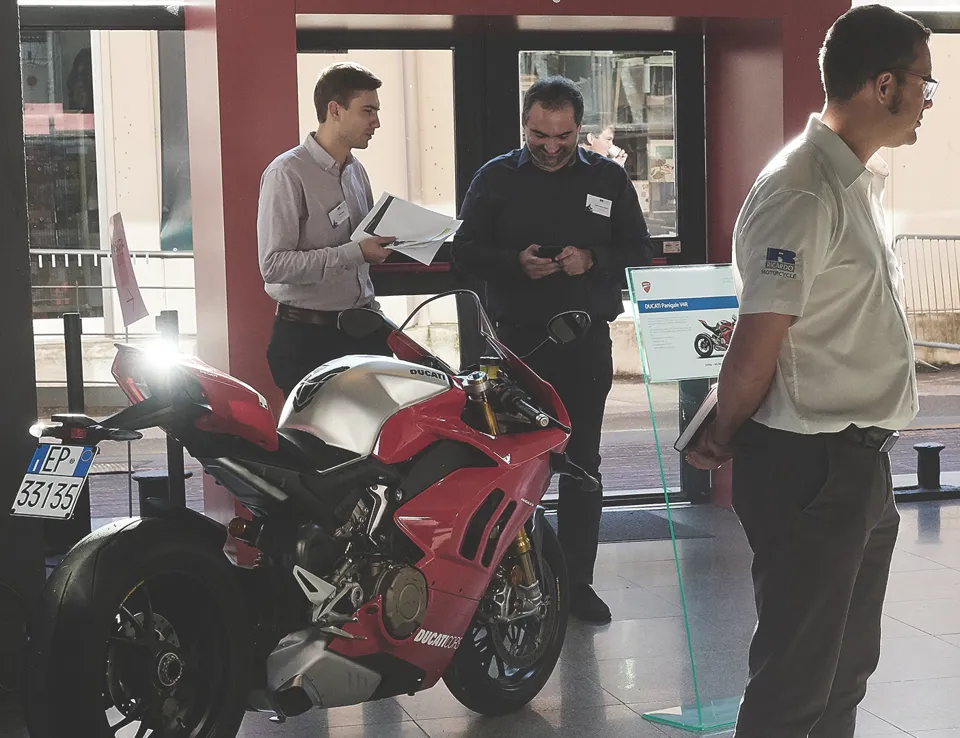
Networking
Join hundreds of experts from across the motorcycle industry.
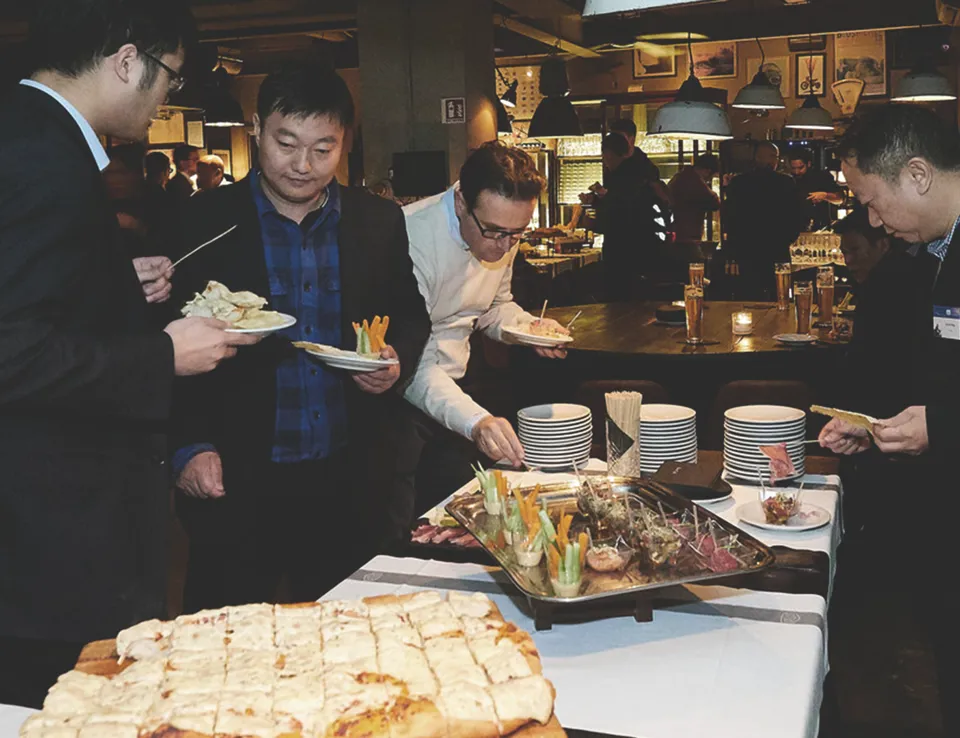
Hospitality Included
All refreshments and lunch during the day are included. With dinner and drinks after the conference at an external venue.
About the Venues
The annual Ricardo Motorcycle Conference will take place at two locations in Milan.
The Ricardo Motorcycle Conference: Riding Future Technologies 8.0 will be held at the Museo Nazionale Scienza E Technologia Leonardo Da Vinci
Museo Nazionale Scienza E Technologia Leonardo Da Vinci
Via San Vittore, 21
20123
Milano MI
Italy
Our post-conference hospitality will take place at Officina Milano!
Via Giovenale, 7, 20136 Milano MI, Italy
Located in Giovenale 7, a few minutes from the Navigli and Porta Ticinese. A location chosen for its historicity and that, despite having been modernized and redeveloped, refers to the Milan of the 50s, to the world of motorcycles and vintage cars.
